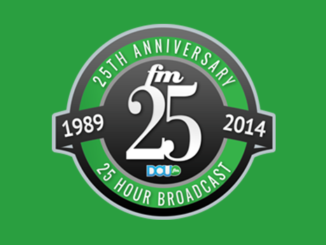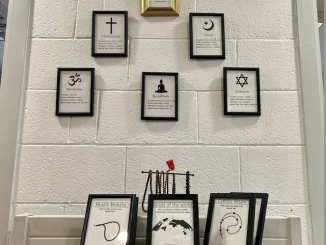
I had been contemplating publishing this article for some time and decided that doing so will help to raise awareness.
Having Cerebral Palsy (CP) from birth, I aim to give an honest account of the effect it can have on your life and how it may affect you on a daily basis.
I know for a fact that many people believe that CP means being wheelchair-bound and perhaps less capable of completing average, everyday tasks independently, I can testify this is untrue in the majority of cases.
I don’t recall the first time I realised I was different to all the other children at school or in the playground. I suppose it was when I questioned why it was I had to attend physiotherapy appointments and my friends didn’t.
The only difference I could see was that I had a slight limp and my left hand didn’t cooperate as well as my right. It never crossed my mind that I wore a splint on my leg and no one else seemed to. Having looked into it, I learned that hemiplegia, a form of cerebral palsy which affects one side of the body, was what made me ever so slightly different.
Most people with CP are born prematurely. The condition is caused by a lack of oxygen and blood flow to the brain at birth, but can also occur at any stage and any age through trauma.
CP can manifest itself in many forms and can affect muscle development and dexterity. In my case, it only really affected my left side until I turned sixteen. I attended an occupational therapy assessment, after which I was to be discharged from the service, it was noted that some of the muscle within my right hand hadn’t developed correctly.
I knew that there had to be a reason why I hadn’t completed any of my Junior Certificate exams in the allotted time frame. I felt that there had to have been a cause for the discomfort I felt after writing for relatively short intervals.
I realise that I have been very lucky in that I can walk like everybody else and am capable of doing whatever takes my interest. I may be classed as ‘minor’ on the scale of CP, and I feel as though this is down to early integration, physiotherapy (which I reluctantly did) and perseverance.
When I came to college two years ago, I worried about struggling to keep up, particularly when taking notes in lectures. I am so grateful to the Disability and Learning Support Service here in DCU, who have offered me additional services and enabled me to work to my best ability.
Áine Monk




Leave a Reply